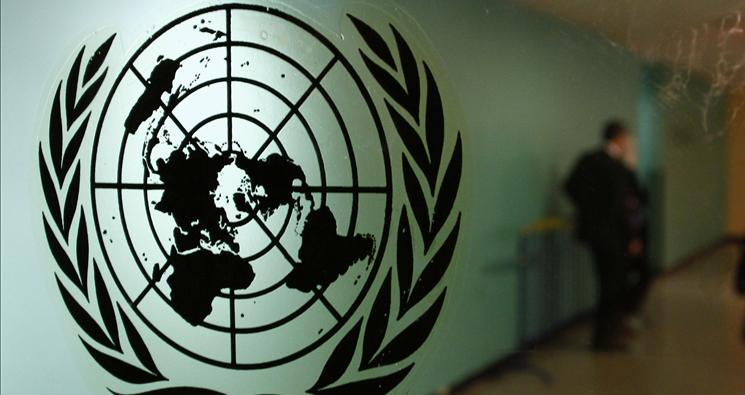United Nations Adopts the ECLJ’s Recommendations, Shari’a Law Restrictions Prohibited
We are happy to report that the United Nations Human Rights Committee adopted several recommendations by the European Center for Law & Justice (ECLJ) in its General Comment No. 34, which is the official interpretation of how countries should respect freedom of expression.
The ECLJ’s recommendations can be found here.
The ECLJ recommended, and the Human Rights Committee accepted, that no right exists to protect the reputation of an ideology, rather human rights belong to individuals. The Commitee also adopted the ECLJ’s recommendation to prohibit countries from relying on religious law to restrict religious expression. The Comment states:
“Since any restriction on freedom of expression constitutes a serious curtailment of human rights, it is not compatible with the Covenant for a restriction to be enshrined in traditional, religious or other such customary law.”
By including religious laws in this provision, the Committee made clear that international law prohibits countries from relying on religious law, such as Shari’a law (Islamic law), to impose restrictions on expression.
As we have repeatedly reported, Islamic governments often invoke Shari’a law to justify brutal blasphemy and apostasy laws that restrict religious expression. But, at the recommendation of the ECLJ, this Comment adopted that, with limited exception, “[p]rohibitions of displays of lack of respect for a religion or other belief system, including blasphemy laws, are incompatible with the Covenant.” “Nor would it be permissible for such prohibitions to be used to prevent or punish criticism of religious leaders or commentary on religious doctrine and tenets of faith.”
The Comment also adopted that all laws restricting freedom of expression must not discriminate against or favor one religion (e.g., blasphemy laws based on Shari’a law that penalize only those expressions against Allah). Finally, rejecting the common punishments imposed by Islamic governments for blasphemy or apostasy—such as death or life imprisonment—the Comment requires that any penalty for expression be both necessary and proportional.
The full text of General Comment No. 34 can be found here.
The ACLJ and the ECLJ have consistently fought to defeat the Organization of Islamic Cooperation (OIC) and its attempts to restrict religious expression through defamation of religion laws. While we recognize there is always more that can be done to preserve religious expression, we celebrate in this victory in the war against Islamic principles that torture those who offend Islam.
